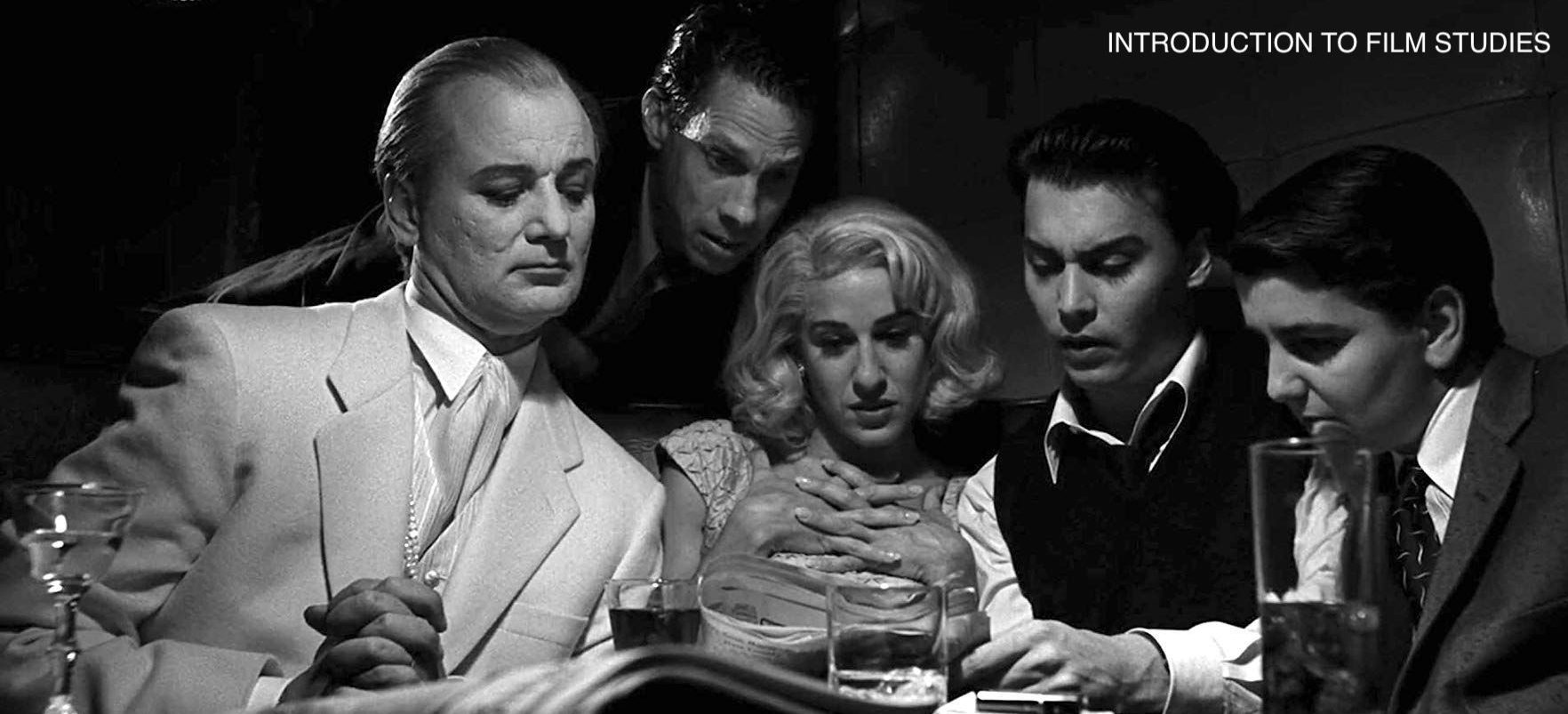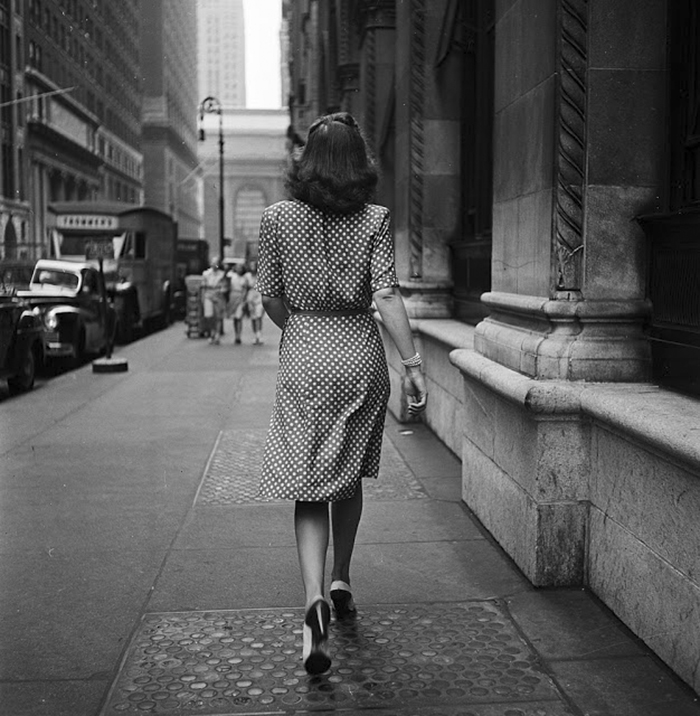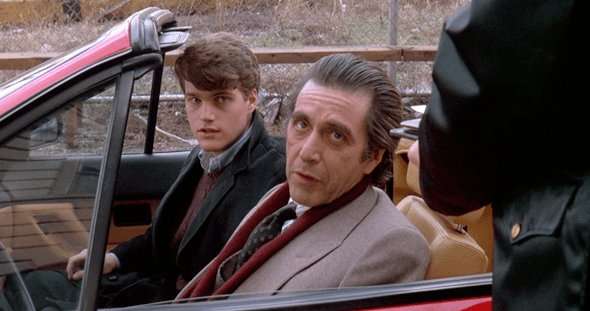The Perks to Being a Wallflower, is a 2012 film, based upon the book of the same name written by Stephen Chbosky in 1999. He later served as the director to the movie with John Malkovich serving as producer. The movie was a overall success and pulled in $33.4 Million in theatres. The story follows Charlie, a freshman in high school, who has a long history which unbeknownst to him, changes the way he goes about his life and experiences things (As a heads up, this movie and ultimately this article talk about some distressing themes and the characters interaction with them. Readers discression is advised).
Charlie is young and recently released from a mental health institution. Entering high school he catches the interest of an English teacher named Mr. Anderson, and the soon to be other supporting friends and cast, Patrick and Sam. They are a brother stepsister friend duo who are older than him. He very quickly becomes close to them and almost immediately develops a massive crush on Sam. Charlie describes them as Wallflowers, or people who watch the world unfold in front of them. They end up at a party which they invited Charlie to, where Charlie gets high and admits that he’s suffering because of his best friends suicide, and later walks in on Patrick in the closet making out with the high school quarterback. Charlie promises not to tell anyone, which cements that he can be trusted as their friend. As they leave the party, they drive home, when Sam stands in the back of the truck as they go through a tunnel blaring music.

Sam wants to get into Penn State, and asks Charlie to help her study for her SATs, as her scores are too low. This goes on for a while and ultimately her scores jump up. As thanks, knowing that Charlie enjoys writing and reading, she gifts him a typewriter. They talk about their pasts and relationships they’ve been in, where Sam reveals her first kiss was at a young age with her fathers boss, but Charlie admits he hasn’t had his yet. Sam says that his should come from someone who loves him, and kisses him then. Before this however, Charlie admits that his Aunt who died when he was younger was also sexually assaulted. They stay close and later he is asked to take the role of Sam’s boyfriend in a theatre performance. He impresses everyone, including a girl named Mary. She and him ultimately become a couple, until one night Charlie is dared to kiss the prettiest girl in the room, and chose Sam over Mary, leading Sam to despise him, and Mary to break up with him. Patrick tells him that its best for him to not be near Mary or Sam for a while. This severs all the work Charlie had done and ultimately results in him falling into a pit of depression.
Charlie is alone for a long while until he has the chance to redeem himself. One day Brad, the football player that Patrick was kissing at the opening party comes into school in bruises after being caught by his father with Patrick. This leads Brad to resent Patrick and targets him with slurs and attempts to distance himself. Patrick not wanting to just take the abuse, then punches Brad and initiates the physical attacks in retribution by other football players and friends of Brad. Charlie seeing his chance, then goes in and starts swinging. He misses the next few moments but next can see and remember that all the people are now on the ground and that his knuckles and hands are bruised and bloody. The moment of him missing time during the fight results in him not being as mentally stable as he was at the beginning of the story. The rest of the year begins to move very rapidly for him and soon it is time for Sam to leave. Sam broke up with her boyfriend after finding out he is cheating on her, and when Charlie shows up at her house before she leaves, she chooses to attempt to do something more than kissing with him. The kissing goes fine, however when she touches his leg, he has a flashback to his Aunt Helen touching him in a similar way. We do not find out until the end of the story just how much this affected him and how much happened. Sam leaving for school causes his already worsening depression and mental state to accelerate. The flashbacks are more frequent and increase in intensity. Realizing this, he calls his sister who he tells that he blamed himself for her death although he to some degree was happy it happened and had wished for it. His call of distress and need for help was not unanswered, as she immediately calls the police to come help him. He awakens in the mental hospital, where he reveals and understands that his Aunt Helen had sexually abused and assaulted him for years before her death.
Charlie makes it through therapy and gets the help he never knew he needed. He exits the mental hospital to find Sam and Patrick there and ready to support him. They listen to the song they first heard in the tunnel, and this time Charlie is the one standing in the back of the truck feeling free in the wind. Charlie is finally released from the mental prison he had been in that affected the way he lived his life, and vows to go out and see the world.
This movie is an excellent modern coming of age film. Almost every watcher can relate to it to some degree for its awkward moments, or its ways it ties characters together. This movie has experiences almost every person has had to some degree or witnessed. The movie is cyclical, with Charlie emerging from the mental hospital and meeting Sam and Patrick both times, however the second he is his true self. It could be argued that Charlie undergoes the Heroes Journey. A cyclical diagram for the journey a hero must go through, it could be argued that losing Sam was his loosing of the mentor, and that his Death, Rebirth, and Atonement are his second visit to the mental hospital, which changes him for the better and allows himself to experience the world without being weighted down by the emotional burden his Aunt had left with him.
Intro to Film Studies was an incredible class and opportunity. Most people watch movies purely for entertainment. While this is not a bad thing, many people never critically watch a movie and find ways to relate them to each other. Filmography is a complex but rewarding art form, which often creates a lasting impact on viewers weather they realize it or not. In many ways we are Charlie. We are naïve and searching for belonging. Charlie had reading and writing, and many of us have movies and music. Viewing movies that you may never otherwise is an important thing for a number of reasons. Its important to understand why you enjoy one style of movie versus others, as well as it being important to broaden your horizons and experience this wild wonderful world we live in. Intro the Film Studies is a class students should take if they wish to be like Charlie and be changed forever, for the better.










